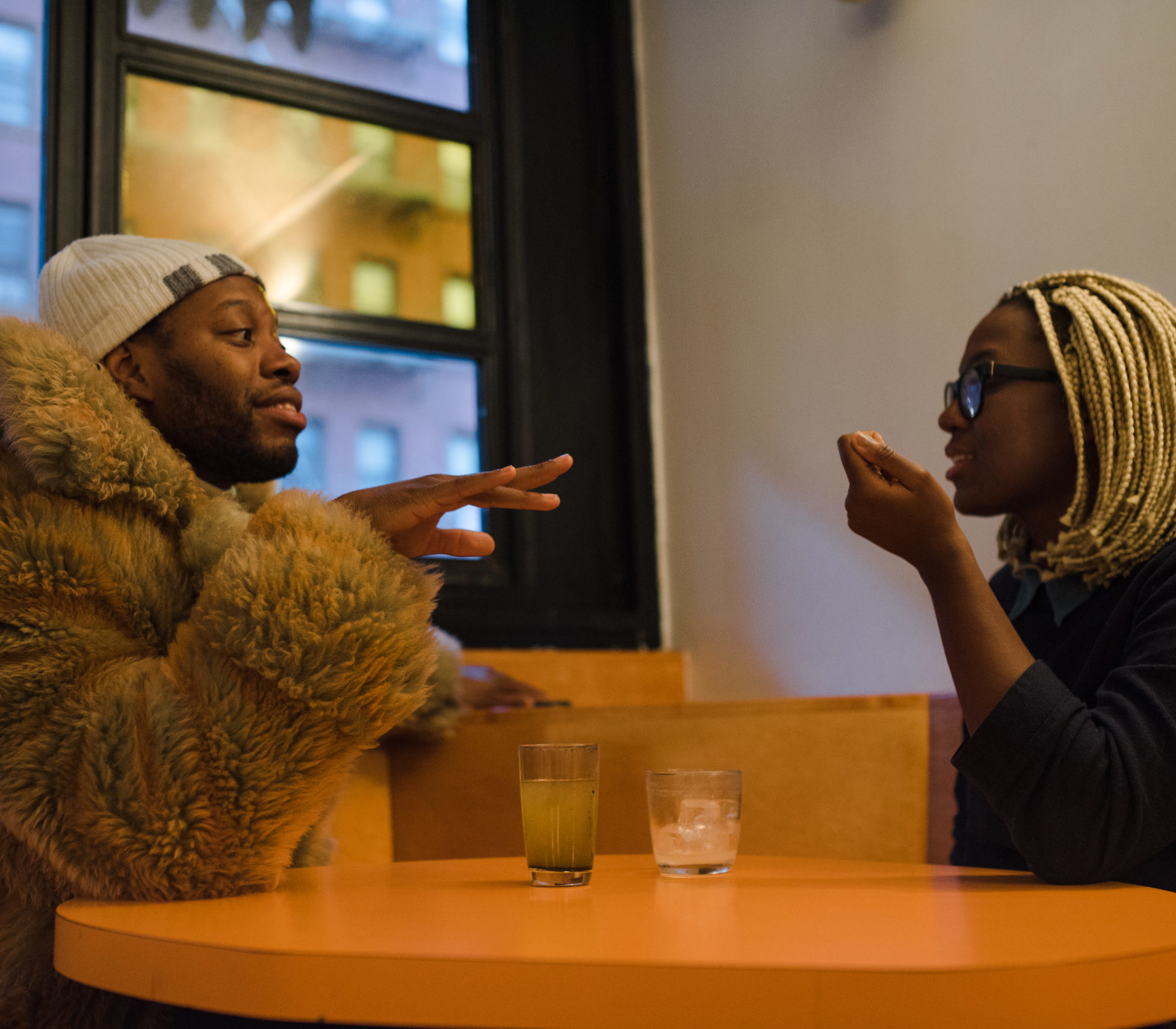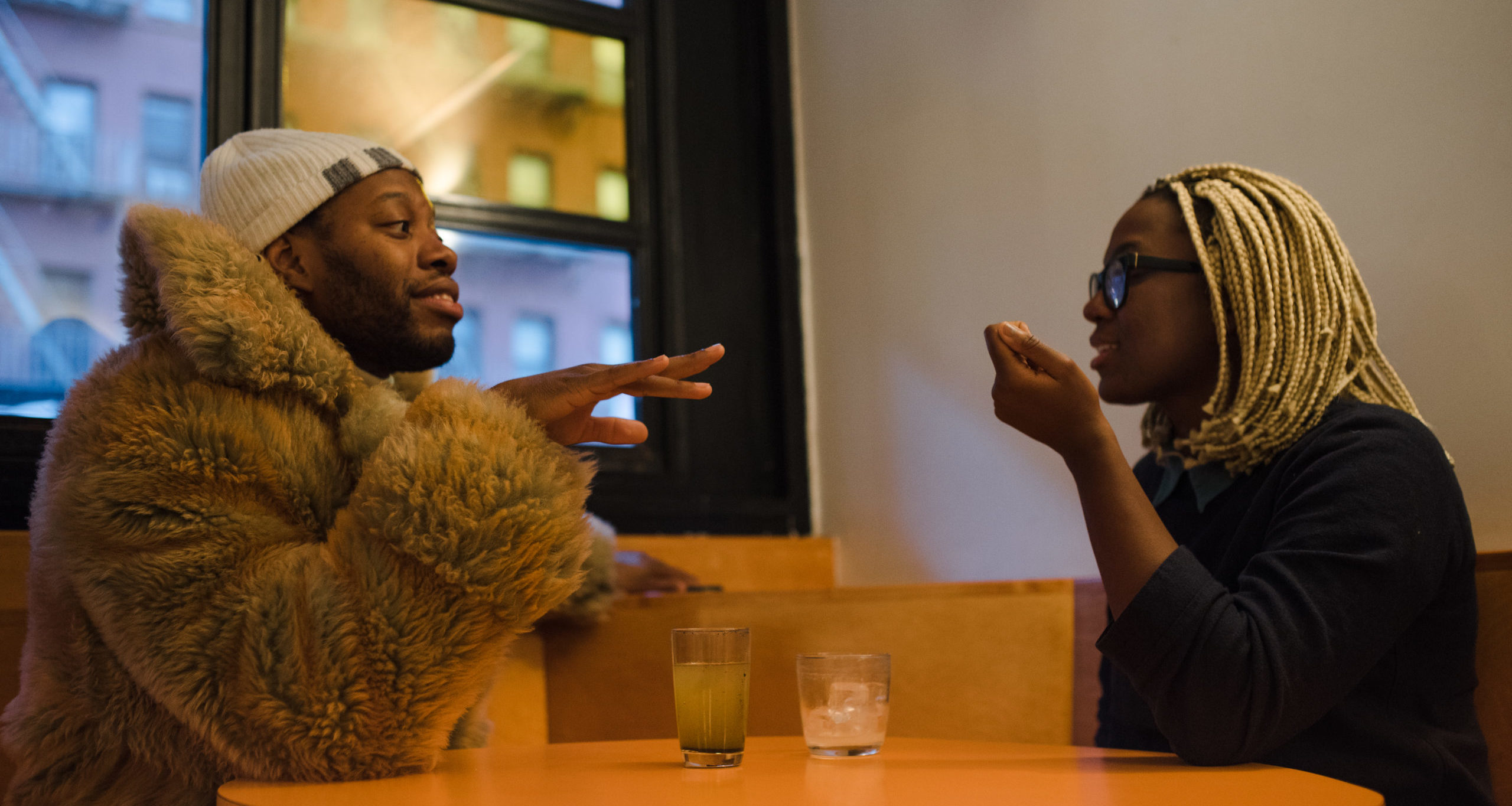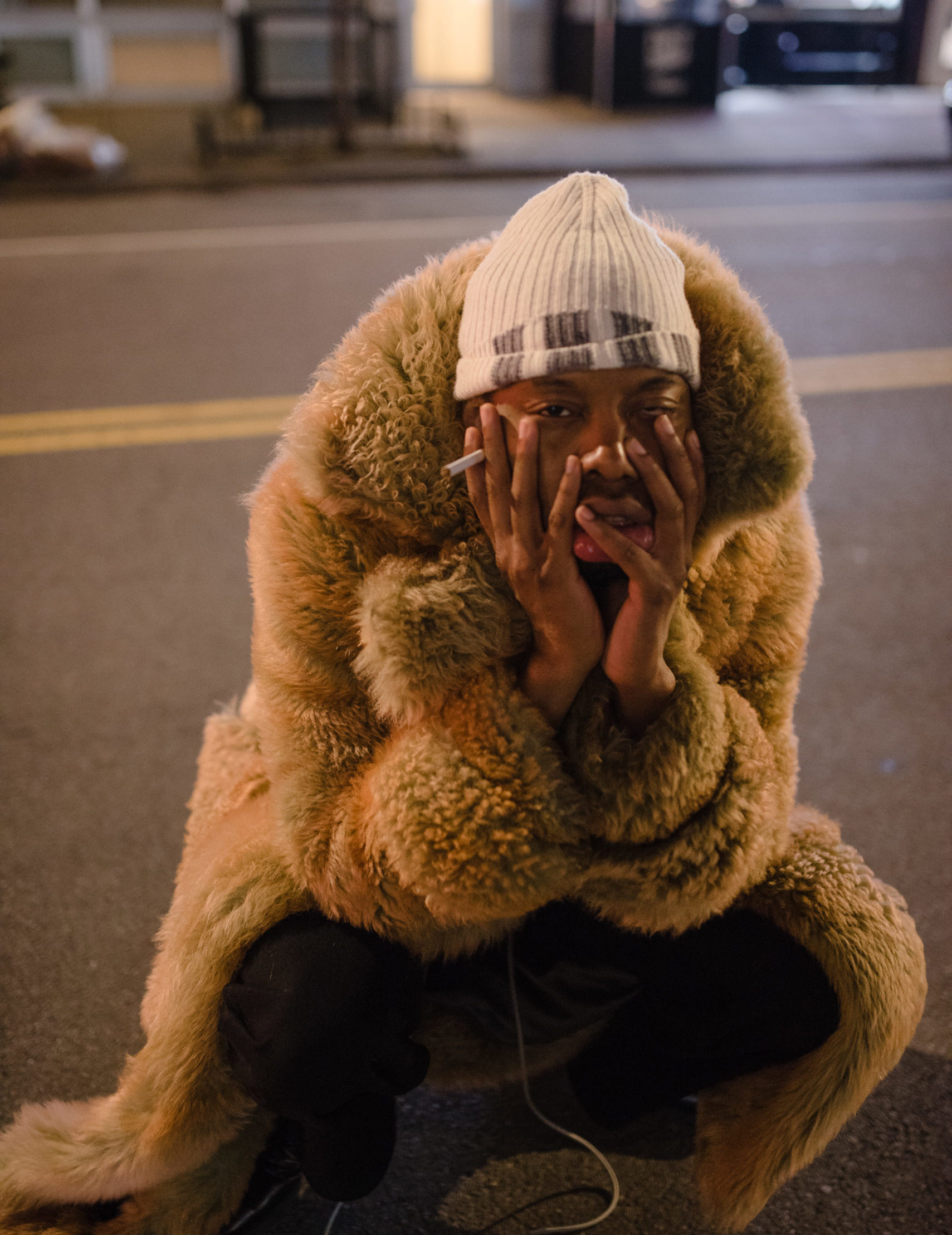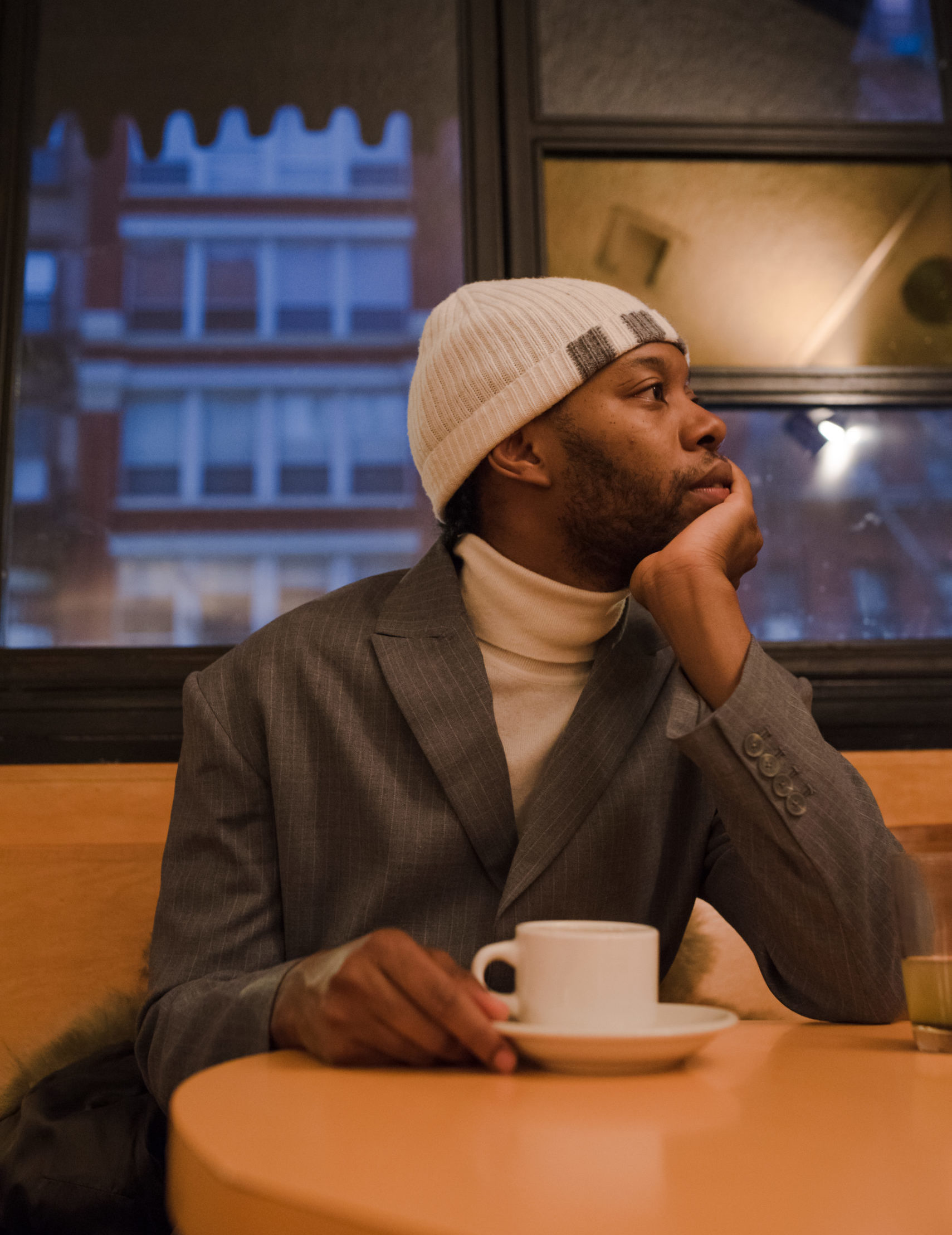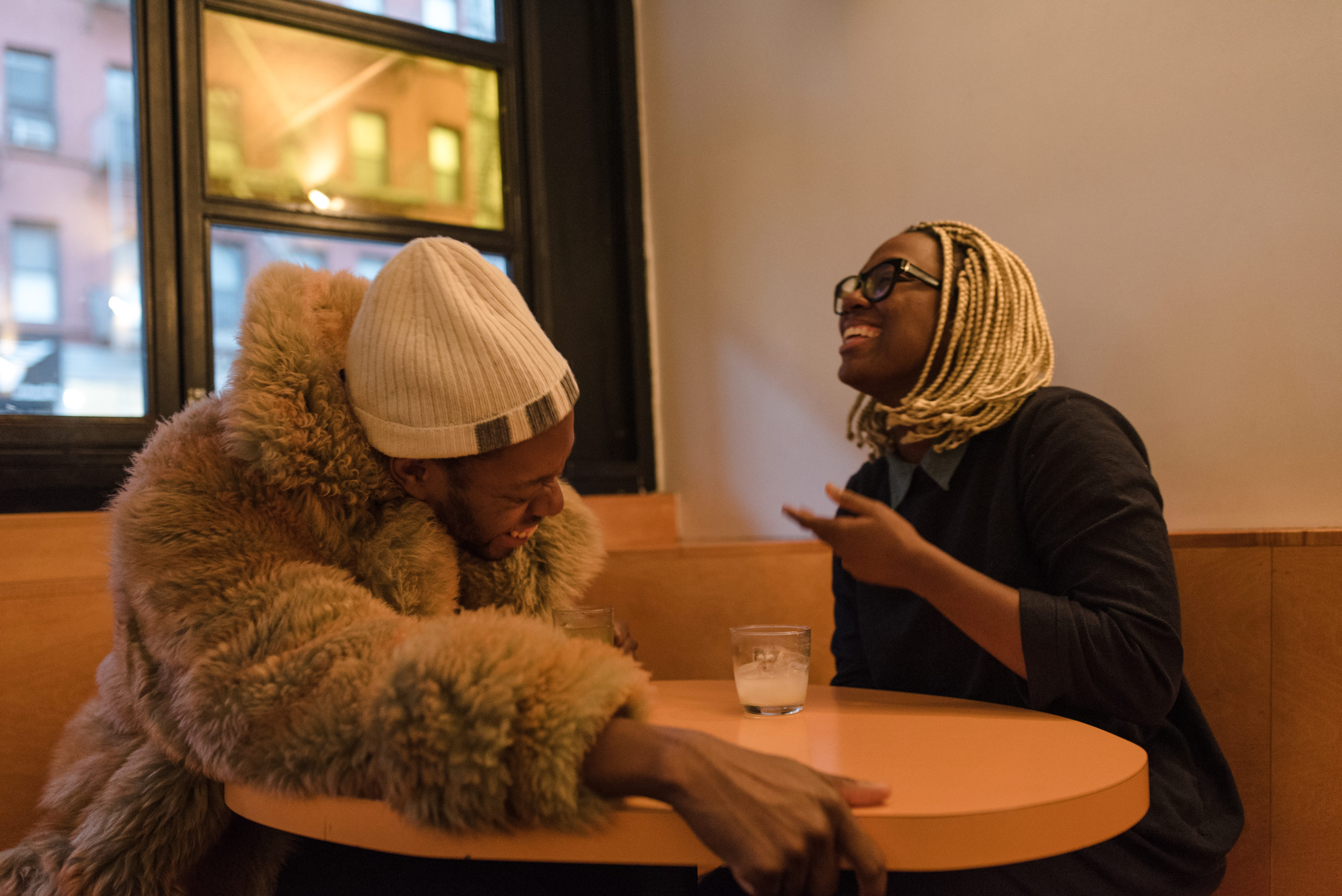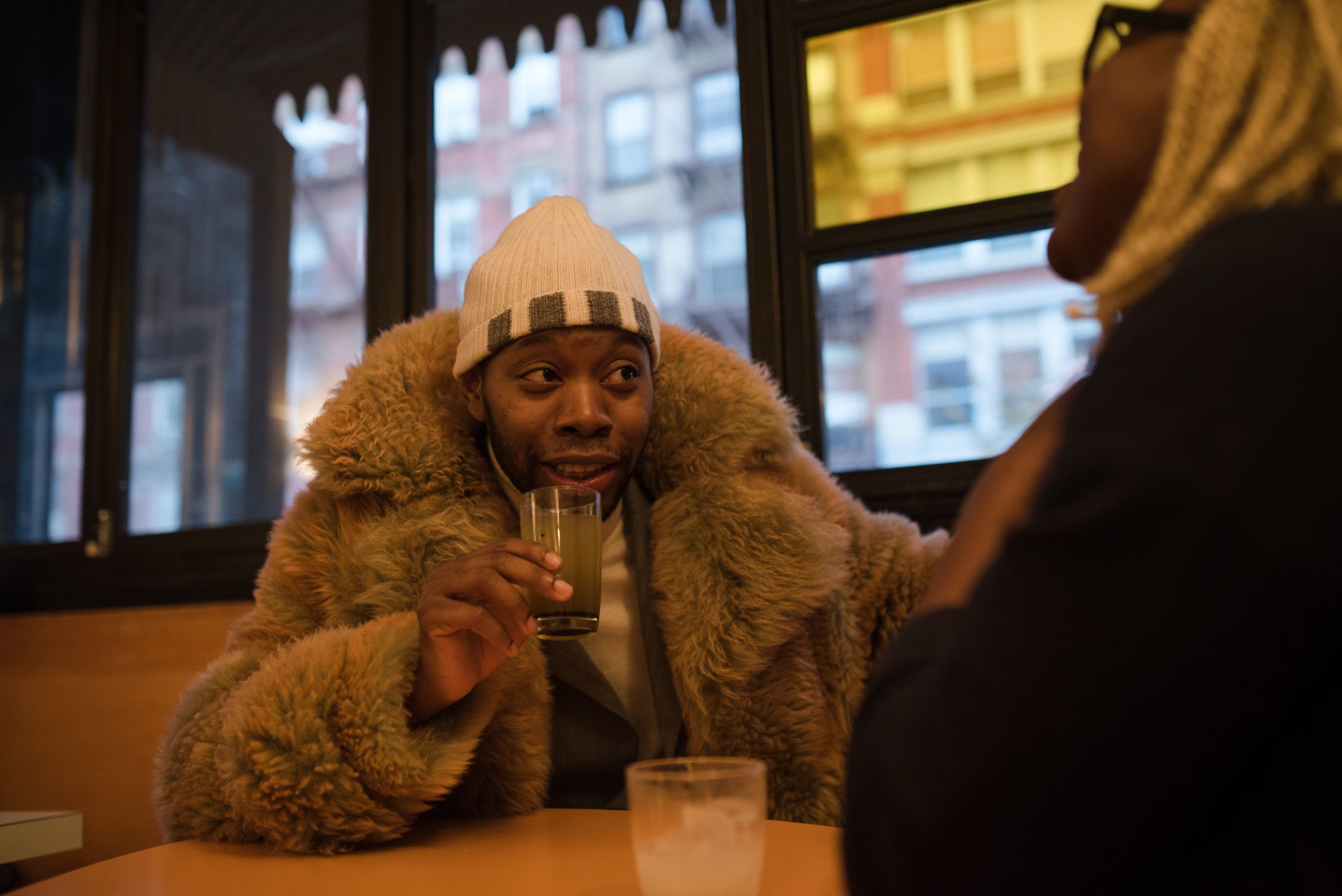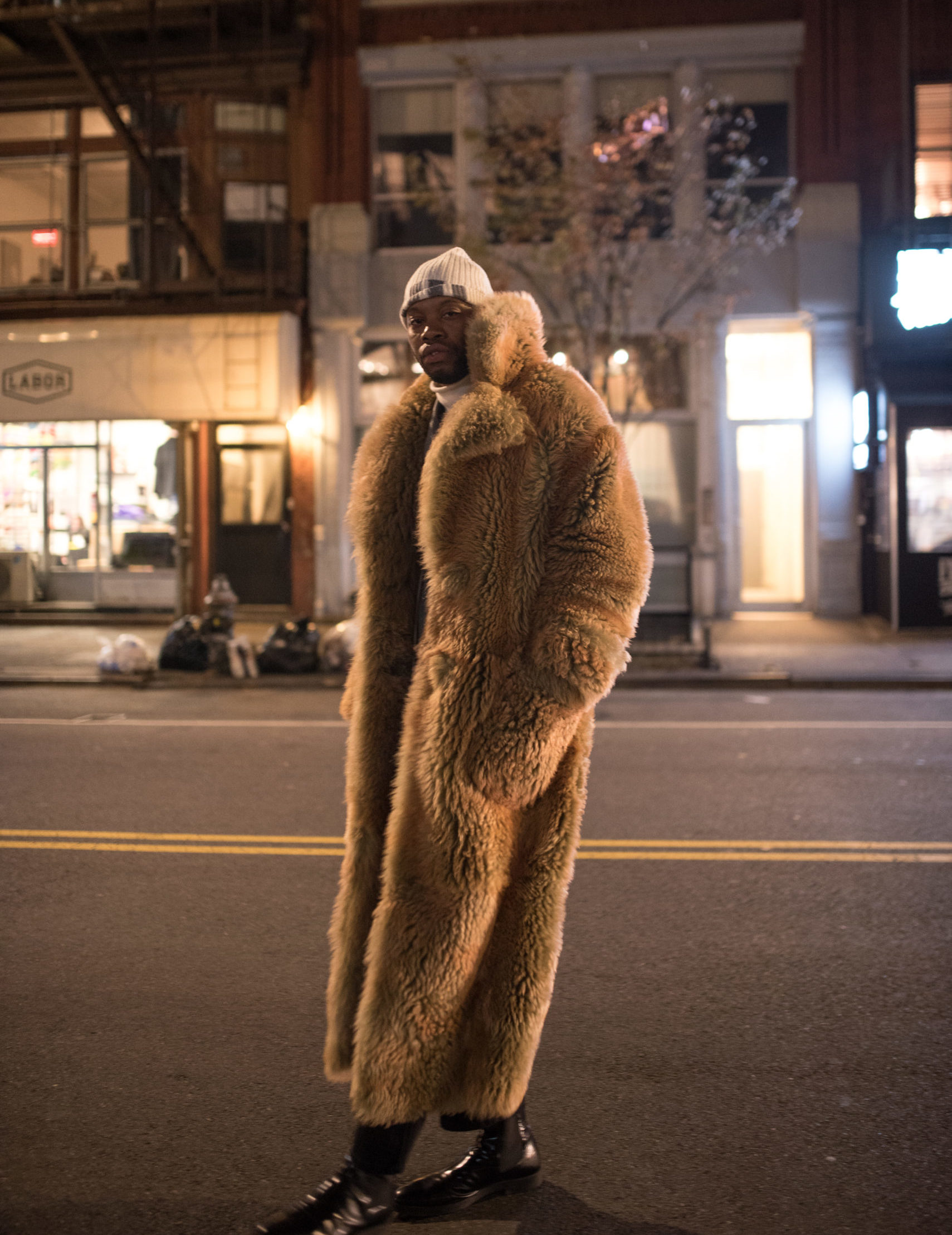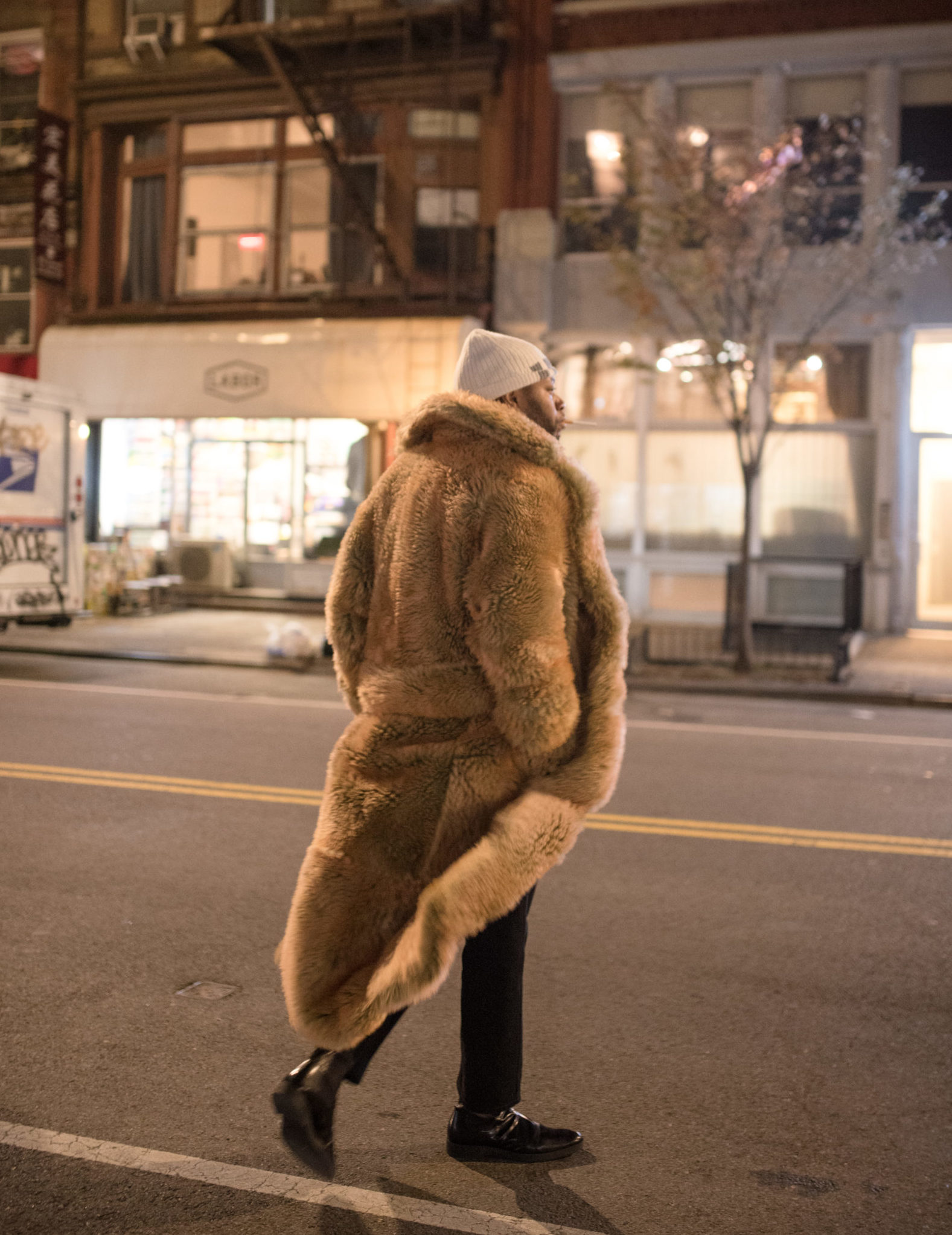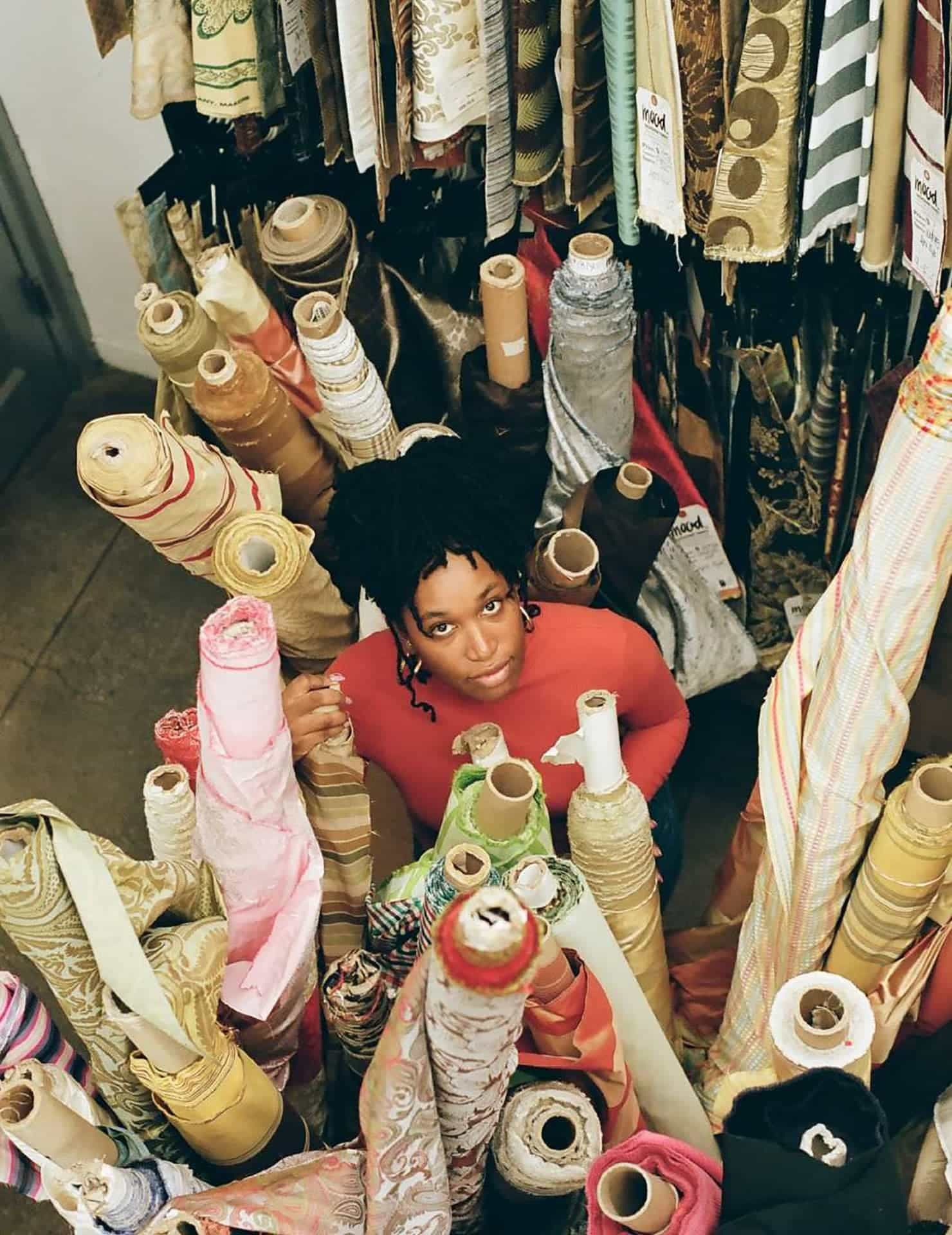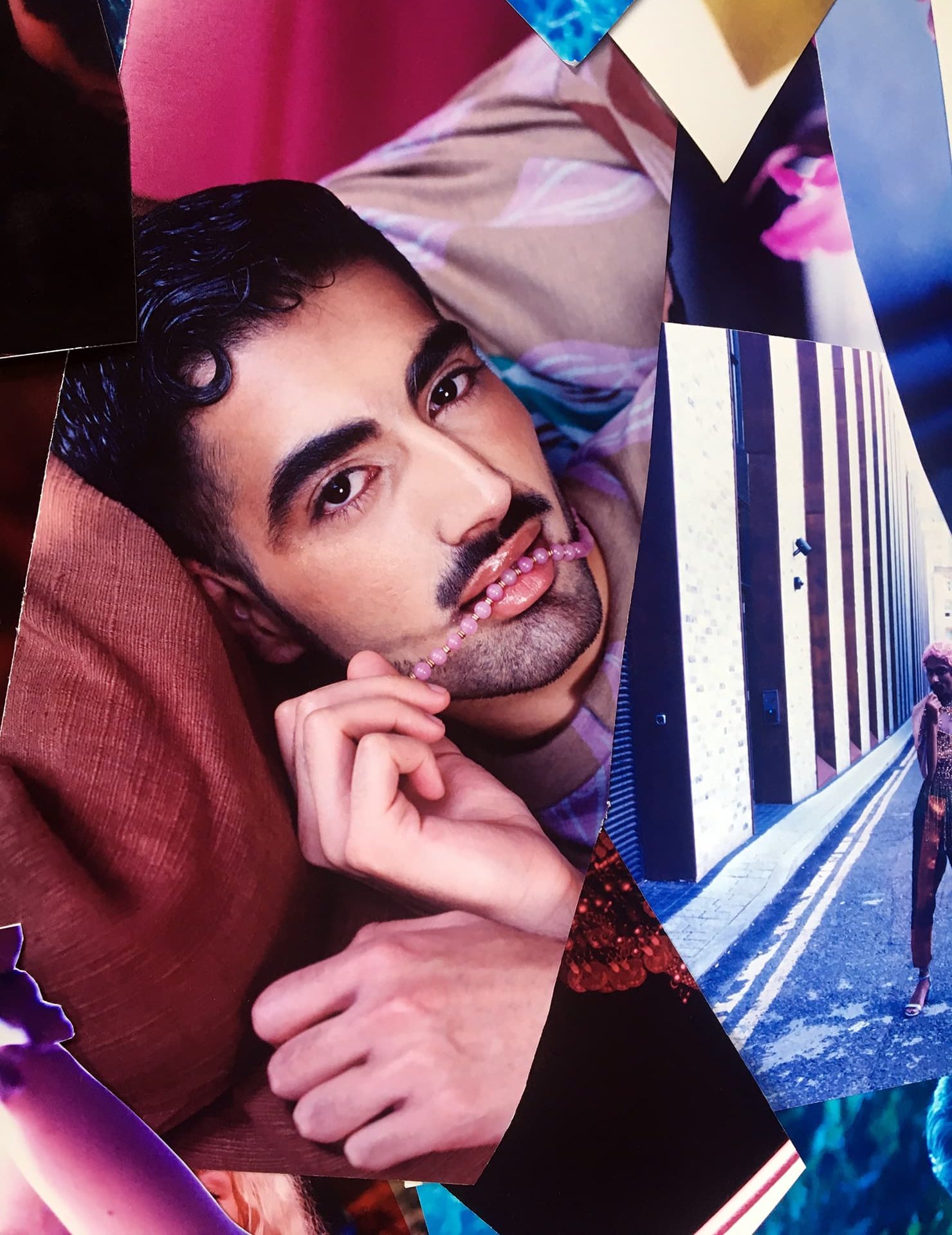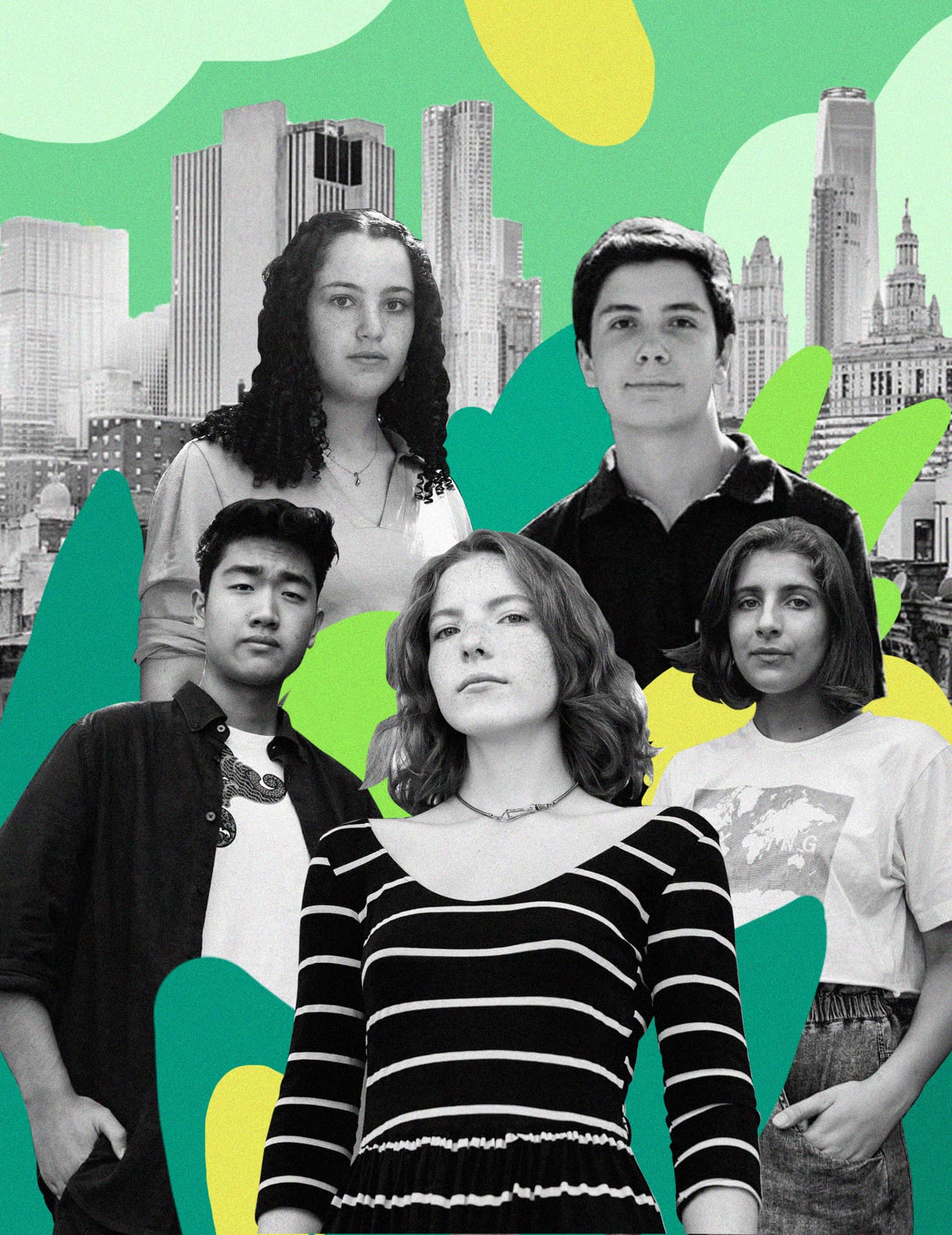M: [This care] is so important as we’re considering the separation between the work and the self and how for actors it’s their job to jump into the work. Those lines do bleed but a helpful way to deal with that is by acknowledging and seeing both, recognising how we can take care of ourselves but also be able to laugh and go out together outside of the play.
J: I mean, it was hard for me to learn how to separate myself from the work because I put so much of myself into it. I don’t know how that works for you, but to put so much of yourself inside of something that then becomes so public is difficult.
It feels like your actual body, your personhood is being ripped apart without your consent. I think some people start to conflate both my personhood and this play in these really insane ways.
Making art is essentially like doing an equation. Sometimes you’re gonna get it right and sometimes you’re gonna get it wrong but at least you’re trying to solve something.
M: That’s exactly how I felt. It became very difficult for me to watch the play. I was taking the blame and thinking, ‘well I put them through this.’ I had to learn new ways to be with the work and support them, which meant being there for warm up and backstage as soon as the curtain came down. I decided I couldn’t be in the house because it was hurting me. Audiences had a lot of questions about how the actors were taking care of themselves, too.
J: In the theatre, people feel this weird thing and I think it’s because the medium is so personal that people feel more licenced to criticize. Theatre makes people feel so much, sometimes they’re like ‘I don’t actually want to feel that.’
M: Do you think in a small way it is actually their own fears of vulnerability? They are being shown them in a way that causes discomfort?
J: Yeah.
